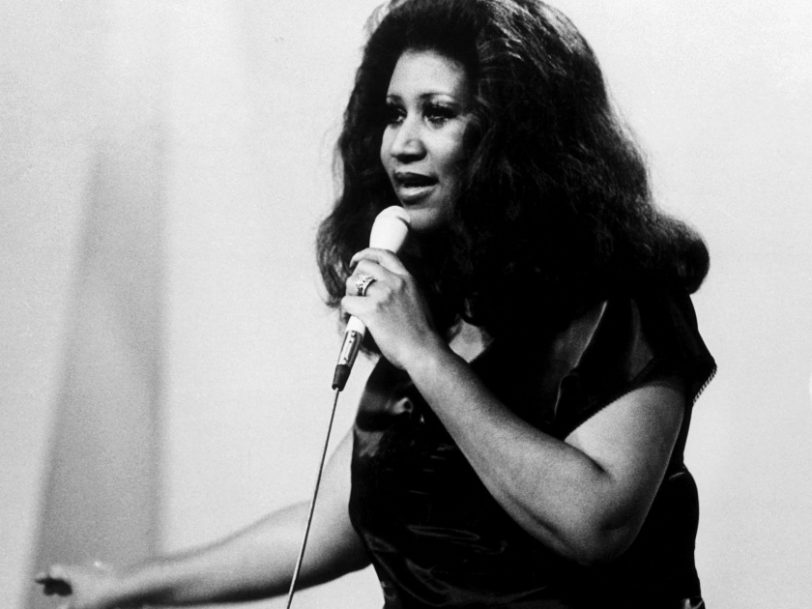When you’ve recorded 15 studio albums, are at your career peak – or near enough – and acclaimed as the greatest singer of your generation, what do you do when it is time to record another record? While it might seem you have nothing left to prove, there are still one or two things you might want to confirm, such as who really is the “Queen Of Soul”, and the fact that when you choose a song, it becomes your own. With a couple of notable exceptions, Aretha Franklin’s 1970 album This Girl’s In Love With You is packed with other artists’ pre-loved songs. But after Franklin sang them, they became her songs.
Listen to ‘This Girl’s In Love With You’ here.
Awash with love
One exception is Let It Be. Nobody thinks of it as anything other than a Beatles song, yet Franklin released it two months before The Beatles, on 15 January 1970, when This Girl’s In Love With You was released. This didn’t come as a shock to Paul McCartney, however, who’d recognised the song’s potential for Franklin and sent her a demo of it so the iconoclastic US singer could get a – very righteous – feel for it. But Lady Soul wasn’t finished with the Lennon-McCartney songbook for this album: she also transformed Eleanor Rigby, changing its perspective to a first-person account from the titular lonely person. Was it possible for McCartney’s intimate slice-of-life tale to become a rollicking R&B confessional? You bet it was, and the public approved, making it a US Top 20 single.
By contrast, the biggest, most distinctive hit on This Girl’s In Love With You was a Franklin original. She wrote Call Me after she heard two lovers talking on a New York City street and was struck by the emotion one of them invested in the words she took for the song’s title. A touching tale of lovers soon to be parted but carrying their passion in the hearts wherever they are, and with beautifully tender organ from Barry Beckett, and backing singers The Sweet Inspirations on sparkling form, Call Me is awash with love.




